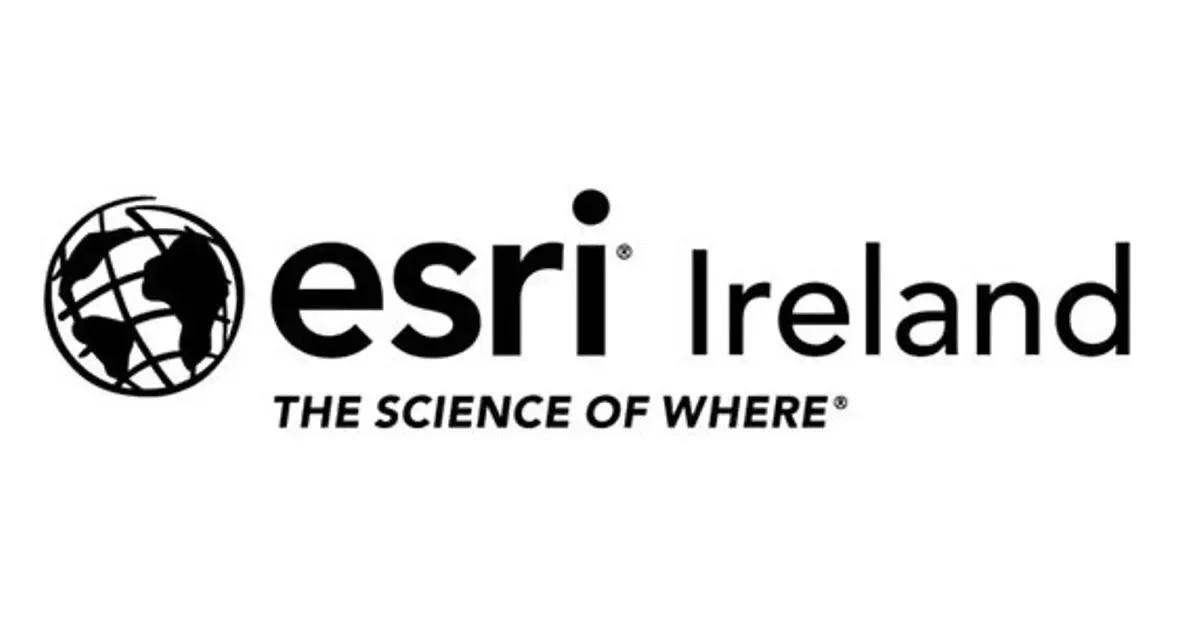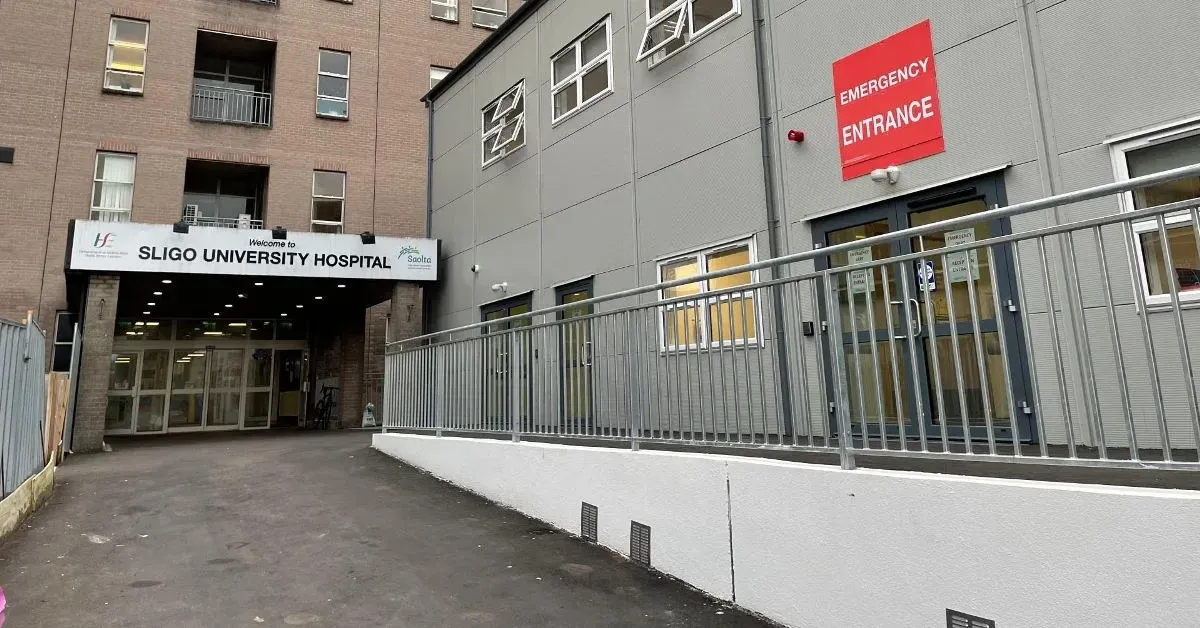Recent research from the Economic and Social Research Institute (ESRI) reveals that migrants in Ireland are more likely to be employed than Irish-born residents. However, many migrants experience poverty and high housing costs. The findings are part of the latest Monitoring Report on Integration, which assesses the experiences of migrants compared to the Irish-born population in areas such as employment, education, social inclusion, and active citizenship.
The report highlights that migrant employment and participation rates in the labour market have remained higher than those of Irish-born residents since 2022. Employment rates for migrants have recovered since 2021, when they fell to the same level as Irish-born rates during the COVID-19 pandemic. Migrants are also better educated, with 59% of working-age foreign-born residents having tertiary education between 2021 and 2023, compared to 42% of Irish-born residents.
Despite these positive indicators, migrants face significant challenges. They have lower incomes and are more likely to experience poverty and deprivation. The report found that 14.5% of migrants experience poverty, compared to 11% of Irish-born residents. Additionally, 37% of migrants spend more than 30% of their income on housing, compared to just 9% of Irish-born residents.
The ESRI described the findings related to housing costs as “particularly stark.” Migrants are much more likely to be affected by high housing costs, which can lead to financial strain and impact their overall quality of life. The report also noted that migrant students, at 15 years of age, score lower on English reading and maths tests compared to non-migrant students.
Political participation among immigrants has increased, with the number of immigrants running and winning seats doubling in the 2024 local elections. This increase, although from a low base, indicates growing engagement and representation of migrants in Irish politics.
In addition to these findings, new ESRI research released on March 22, 2024, found that attitudes towards immigration and refugees in Ireland remain largely positive. Despite some recent declines, Ireland continues to have some of the most positive attitudes towards immigration among EU27 countries and the UK. The research examined attitudes over the past 20 years and found that beliefs about immigrants enriching the country’s cultural life and contributing to the economy were at historic highs in 2022.
However, there have been declines in positivity towards immigration from EU countries and non-EU countries, especially between June and November 2023. The proportion of people who feel immigration is one of the top two issues facing Ireland increased from 3% in July 2022 to 14% in June and November 2023. Despite these declines, Ireland remains one of the most supportive countries towards immigration in the EU.
The research also analysed factors associated with different attitudes towards immigration. It found that people with lower qualifications and those experiencing financial strain are less positive about immigration. Living in private rented accommodation is associated with more positive attitudes towards immigrants compared to those living in owner-occupied homes.







